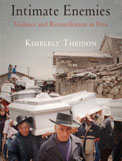HRISTOVA, Marije (2016) Reimagining Spain: Transnational Entanglements and Remembrance of the Spanish Civil War since 1989
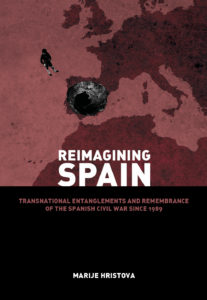
Since 1989, Spain has gone through a process of re-emergence of the memories of the Spanish Civil War (1936-1939) and Francoism (1939-1975). These newly produced memories challenge the official reading of the civil war, as established during the transition to democracy, as a “collective insanity.” As part of this process, the last three decades have produced numerous novels, documentaries, and journalistic accounts that have brought to the fore the untold stories of the repression during the civil war and its aftermath.
This dissertation offers an analysis of the influence of transnational frameworks on the reconfiguration of the cultural memory narratives of the Spanish Civil War. The selection of post-Cold War Spanish cultural texts – narrative fiction, documentary film, photography and journalism – being analyzed in this dissertation, is framed by three emblematic “spaces of transnational memory.” These are: the wars in former Yugoslavia; Forced Disappearance in the Southern Cone; and the remembrance of the Holocaust. Each of these spaces highlights a different contemporary site of agency in the production of memory, namely contemporary civil war, mass grave exhumations, and testimony. In addition, this dissertation posits affect and emotion as important mechanisms in the production of transnational memories.
This research argues that these transnational contexts of remembrance serve to reimagine Spain, proposing alternative and more “inclusive” forms of national memory and identity, often in opposition to the current Spanish “constitutional patriotism.” Transnational memory is located within the margins of the nation-state, a space of entanglement between the national and the transnational, and inhabited by those who were excluded from Spanish national identity through the forging of the Spanish nation-state.
Marije Hristova was a Ph.D. candidate at the Faculty of Arts and Social Sciences, Maastricht University and a Marie Curie predoctoral fellow at the Institute for Language, Literature and Anthropology of the Spanish National Research Council. Currently, she works as a lecturer of Dutch Studies at the University of Veliko Tarnovo (Bulgaria) and is a research fellow in the project “Below Ground,” led by Francisco Ferrándiz. .
Edited by Universitaire Pers Maastricht

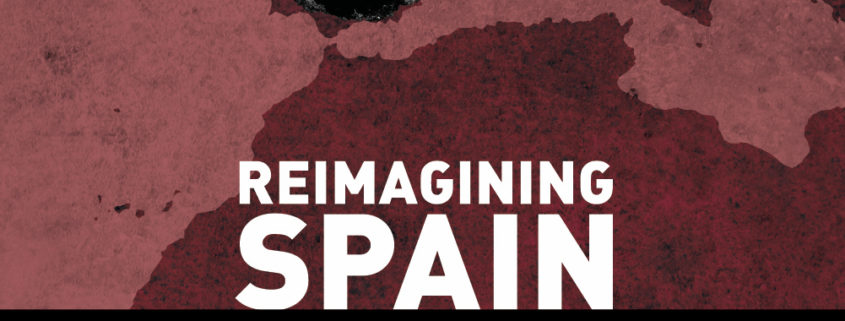
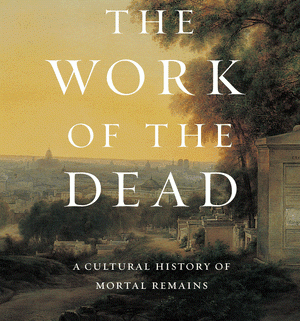
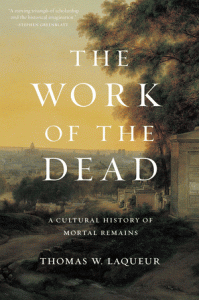
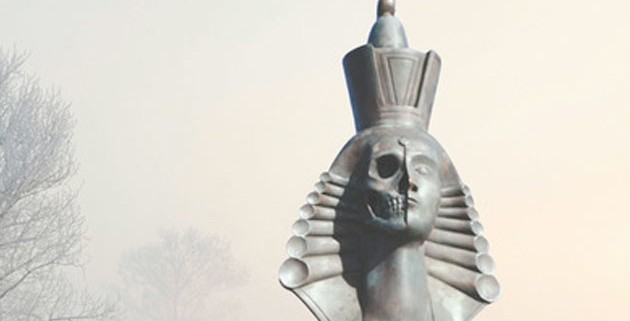
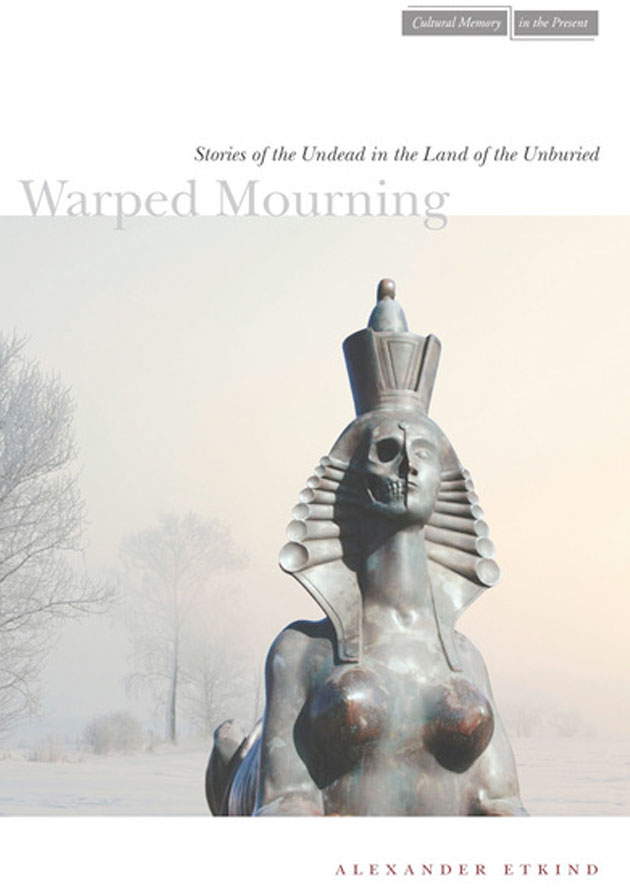


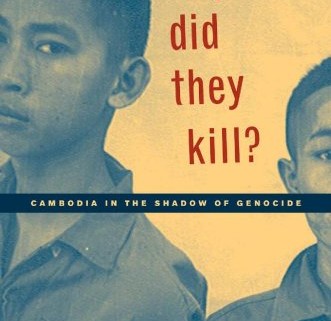

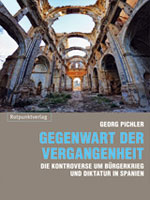

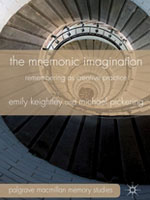


 By TORRES, FRANCESC
By TORRES, FRANCESC